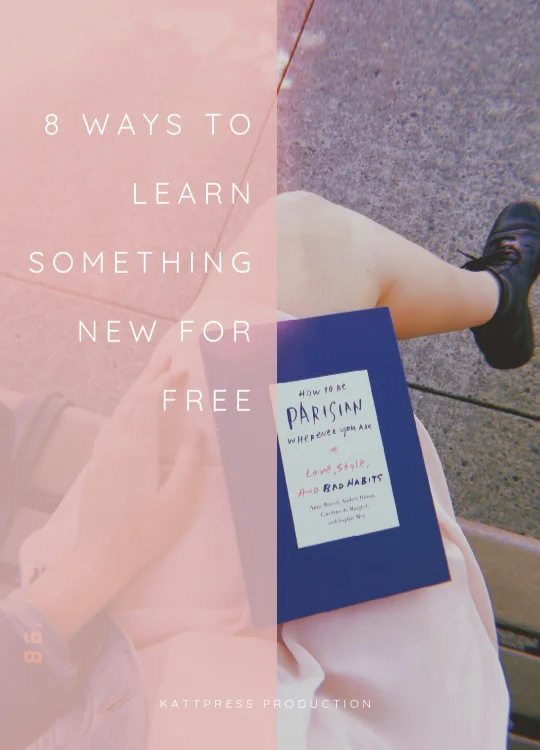Why I Don't Shop at Forever 21 Anymore
Only a year ago, I'd have been all too happy to spend half a paycheck at a place like H&M or Forever21. I was buying cute outfits for my little sister, hot dresses for myself, and more jewelry than I really had room for or would ever actually wear. I was spending a bundle on outfits I wore only once before they seemed worn out or dated. Half the time I got home and realized I may have liked the top on the mannequin but standing in front of my mirror, about to head to class, I found it less than flattering. Needless to say, there were personal reasons I stopped spending my money at these fast fashion stores.
There were also societal reasons, though. See, fast fashion isn't just about buying a couple extra things; it becomes an addiction that affects horizons far beyond the buyers. Let's talk about those who actually shop at the stores first, though. Ever spend a bit more of your paycheck than you intended on things you don’t actually need, or even want? See I had friends doing exactly that every weekend. Now I'm not saying that their money choices are in any way my business but it was becoming a problem when they couldn’t afford to grab lunch because they'd already spent all their money on 5 new tops they probably will only wear once, if that.
Then there's the whole plus sized situation. I understand that I'm not minuscule but a store that makes a size 4 feel like she needs to skip her next meal so she can actually fit into a medium (nope, couldn't even touch the smalls there, mediums or the incredibly rare larges were my only options), is not a store I want to support. Not to mention those who were closer to size 8s. What's the point of going shopping with your friends when you have to send them to an entirely different section, a quarter the size of your own, to rake through so-called "plus-sized"? In what universe does plus-sized start at 150 lbs? Forcing these ideals onto the numerous tweens walking through the store was yet another thing I couldn't bring myself to support.
But hey, I mentioned bigger ramifications than just the buyers. Let's start with environmental. If you're going to be coming back to a store every weekend, you don't want to see the same things every time, right? These stores know this and manage to rotate entire sets of stock on a near weekly basis. This allows trends to change weekly, instead of seasonally like we may have been used to in the past. But what to do with the loads of clothes that weren't sold? Clearance may be an option for some but most of it is going to end up right in the dump. Donating that much merchandise, according to the stores, would lower the number of people buying from them and that's simply not an option. So it's not only dumped into landfills, it's destroyed beforehand to get rid of any risk of people getting into the now worthless merchandise.
Then there's the way the clothes are produced. I understand that in some instances, these are people who would have no source of income otherwise and sometimes these people are treated better than in other employment locations in the area. But I also argue that we are in a position to demand better. I would argue that when people make it a priority to shop from places that have a promise to sustainability and improved labor, they can afford the higher prices that come with it. By choosing businesses that make ethical promises such as promoting artisan creators, we promote wealth creation in those countries and buyers also provide for those creators an income that can bring them out of poverty. By choosing brands that support and mentor creators allows for industry growth. Additionally, providing employees with skills allows them to earn more as well as teach their skills to others and create more businesses, more competition, and ultimately improve the product even more.
So in summary, here are the reasons to support sustainable, fair-trade companies:
1. To kick the idea of fast fashion and support styles and designs that you can keep coming back to time and time again.
2. To promote all women and beautiful and remind industries that they don't get to decide otherwise.
3. To create an industry that fights waste instead of thriving off of it. Our climate can't handle fast fashion. Something needs to change.
4. To give everyone a chance to grow out of poverty and continue to grow the opportunities available to do such.
COMING UP NEXT: Alternatives For Those Who Want to Kick Their Fast Fashion Habit























![Where things lie now [ An Update ]](https://images.squarespace-cdn.com/content/v1/57edcf64b8a79be6cfbdc6d0/1496408437956-3DFXH18E4J4TJ58DYMSQ/buy+1+get+1+free.png)



